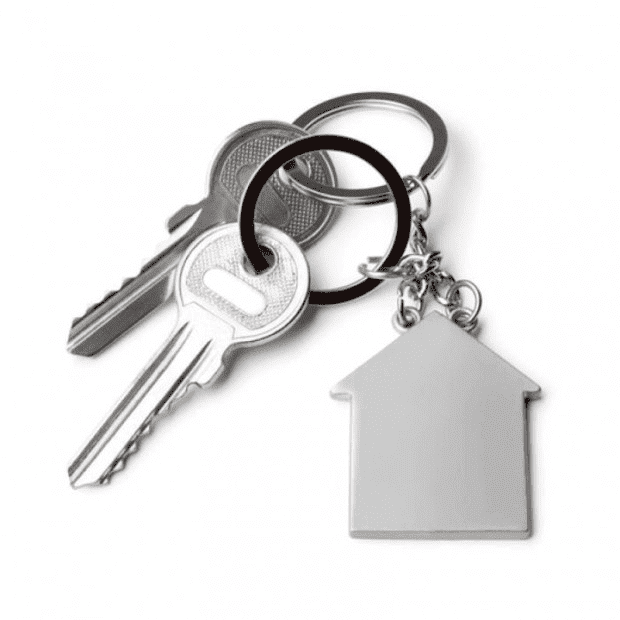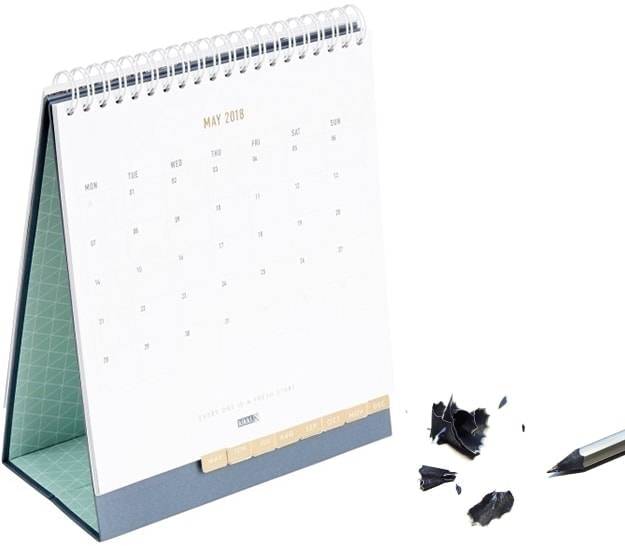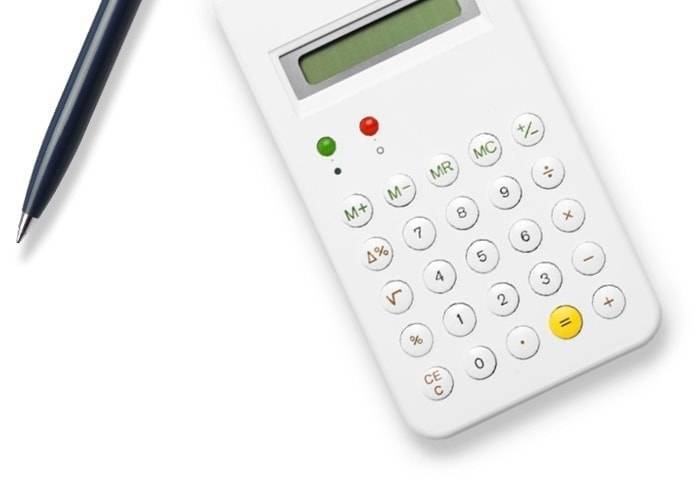01
Our US/UK accountants & advisors help their clients build wealth through Real Estate Property whilst being tax efficient.
Build wealth whilst being tax efficient.
We care for our client's wealth by providing monthly Zoom collaborative meetings to identify and discuss US and UK real estate property deals. We are unlike all other “property tax specialists”. We want to help our clients build wealth by bringing deals to the table. We provide a platform for clients to learn from one another in our supportive community. Does your accountant do this?
Communication is key.
Our clients are provided with a caring, qualified accountant to handle all their tax-related questions and returns to HMRC (UK) and the IRS (US). We answer your emails within 1-3 working days. Calls may be booked with your allocated account manager within two working days.
02
We help our real estate property investing clients identify the most tax-allowable costs to maximise their tax deductions.
Many real estate property investors be it in the USA & the UK are not advised of all the right rental income tax deductions. We are real estate property advisors and will help you maximise those write offs.
Streamline your HMRC and IRS rental income submissions to the IRS & HMRC03
US & UK Property tax return preparation & accounting services
It Pays To Get The Right Specialist Advisor 04
Streamlining returns to HMRC and the IRS for Americans & British Investors
Expats who own real estate property investments face many tax traps. Our US & UK qualified accountants advise you to invest in the right tax structure before it is too late.
We understand UK & US expat & property rental income tax accounting 05
Demystifying the IRS & HMRC complexities as a property investment owner
Our expert team of property specialisms includes US international expat tax preparers (EA) and UK qualified accountants (ACCA & ATT) who provide support to individuals with advice about their property investments in both the US and the UK.
Our goal is to help you stay compliant with the reporting requirements and pay the least amount to the IRS and HMRC.
US & UK accounting & reporting with the Internal Revenue Service (IRS) and HMRC 06
Helping you build wealth through property whilst being tax efficient in the US & UK
Our US / UK Services07
PRICING
Do I need a an accountant near me?
Meeting with your advisor was essential, in the past. We use online platforms to book calls with our qualified (ACCA/ATT/EA) specialists when you want them. These meetings are hosted live and recorded so that you can replay them anytime. This is not possible with face-to-face meetings. So now we do not believe you need “an accountant near me?”.
Advice when you need it most09
Explore US & UK property & Expat Guides
Stay up to date with the latest IRS & HMRC legislation
Simon Misiewicz | 27 Apr 18
Learn moreBritish UK citizens (foreigners) buying a house in the United States (US)
Simon Misiewicz | 27 Apr 18
Learn more















